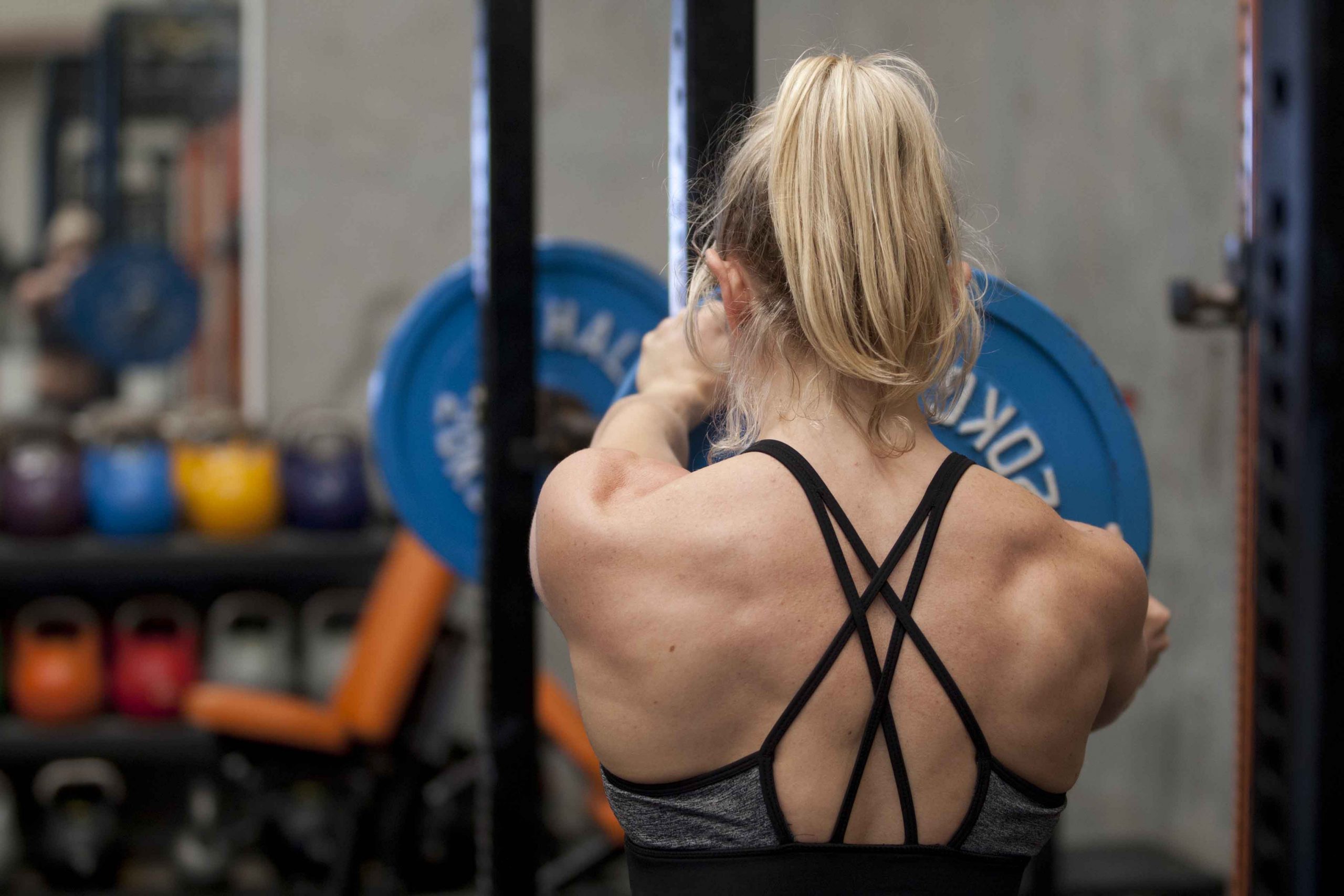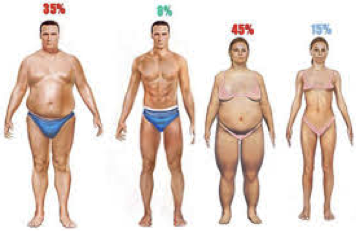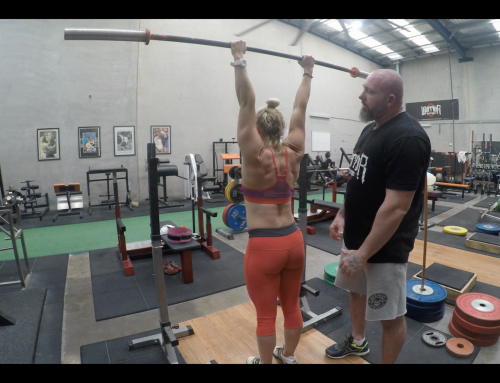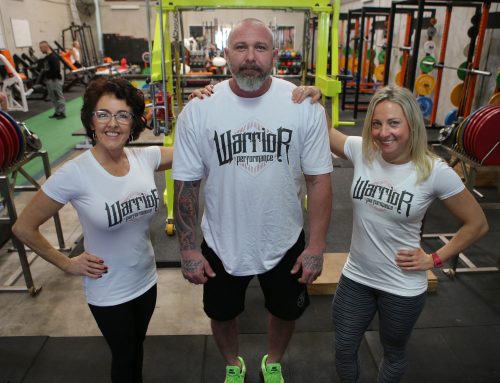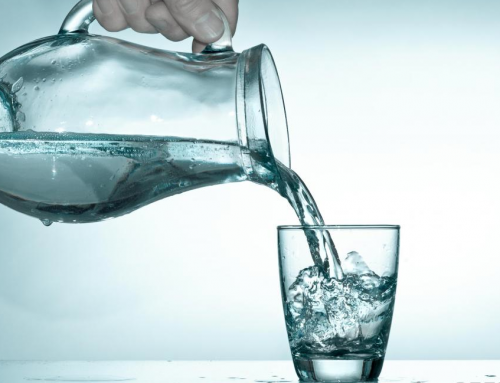In our younger years when we are kids, the male and female body is pretty much equal in the way the processes and functions operate. Once we hit puberty however, it is a very different story!
At the start of puberty the amount of testosterone in a male will increase in huge amounts. Testosterone is a naturally occurring steroid hormone, which helps with the growth of bones and muscles. Both men and women produce it but men produce around 2.4-12 ng/ml and women 0.1-1.2 ng/ml, so this is already giving us women a harder job to build lean muscle mass. However, it gets a lot more complex from here.
Women are responsible for the survival of the human race! That in itself is pretty cool. The role of the female in any species is to reproduce. That is why females live longer and are more resilient to things that threaten their existence. In this day and age “DIETING” is essentially food starvation so the female body does not want to easily give up its fat stores.
A women’s body will store more fat and differently to men because the female body needs to prepare for pregnancy and breast feeding, we will also use less fat as fuel than men for this same reason – preparing for survival. But don’t feel too down ladies, men are more likely to die in a famine if that makes you feel any better 🙂
A female body will have roughly 10-12% more body fat than a male. It will also have 10-12% less lean body mass (LBM). This is the reason the male caloric requirements are greater. Women actually burn more fat during aerobic exercise than men which sounds great but they’re actually burning more fat from muscle cells than from actual fat cells. Therefore, a female will need to exercise 25-33% longer than a male in order to lose the same amount of body fat.
Not only are we at a shortfall due to our physiology, there are a whole lot of other things going on behind the scenes with our hormones so lets start to look at a few of these things.
Leptin is the satiety hormone, basically it tells the brain how much fat you have and how many calories you need. If you add an exercise stress or a calorie deficit a woman’s leptin levels respond to the stress creating less leptin and therefore increasing hunger while the levels in a man will remain the same.
Women are more efficient in dealing with energetic stress because our bodies fight harder to survive and reproduce so essentially this is working against our efforts to lose body fat. That is not to say it’s impossible to lose weight, but it takes a more strategic effort with resisting temptation and actually controlling your hunger better so that you are eating what you NEED and not what you WANT – i.e. portion control.
How do we know what we need? It’s not as simple as this is my weight, height, age and sex so therefore my calorie requirement is X. It is more to do with your total daily energy expenditure (TDEE).
TDEE is made up of:
- Resting metabolic rate (RMR) influenced by age, gender, LBM, body composition and genetic factors.
- Thermic effect of food (TEF) the amount of energy expenditure to process food for use and storage.
- Thermic effect of exercise (TEE) the amount of energy expenditure caused from exercise
- Non-exercise activity thermogenesis (NEAT) the energy expended for everything we do that is not sleeping, eating or sports-like exercise. This includes even things like fidgeting, tapping your foot, walking to the mailbox or brushing your teeth.
Women will automatically compensate somewhere else in response to the stress from diet or exercise. For example NEAT will decrease. Females adapt almost immediately AND frequently. So lets look at an example: say you burn 600 calories from exercise but without even being aware your body adapts and you reduce 400 calories from NEAT the net effect from the exercise is only 200 calories burnt. We need to pay attention to ALL the components and we need to be far MORE IN CONTROL OF OUR DIETS.
At this stage I need to mention that if you are considerably overweight, these principles DO NOT apply to you. If you have excess body fat (approximately 25% or more for a female) then the body has enough fat stores to utilise as resources therefore none of these hormonal reactions will occur. Essentially, the more overweight you are the easier it is to lose weight. That’s why a person with a greater amount of fat to lose can drop greater amounts of weight when first embarking on a weight loss journey. One of the most common issues for overweight people is adherence and consistency with good nutrition. It’s only once you get leaner that it gets more challenging to budge that last bit which loves to hang around, it can be done but you need to get smart about it.
In Part 2 we will discuss the menstrual cycle and how this may impact your energy expenditure and caloric requirements within your diet.

